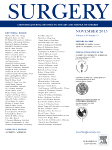
Following questions about the veracity of multiple papers by his former employer, high-profile social psychologist Jens Förster has agreed to retract two papers as part of a deal with the German Society for Psychology (DGPs).
Last year, Förster had a paper retracted at the request of his former employer, the University of Amsterdam (UvA). In May, an investigation commissioned by UvA found that many of his experiments looked “too good to be true,” and eight papers showed strong signs of “low veracity.”
Just two of those papers are acknowledged in the settlement of a case by the DGPs against Förster, who currently works at Ruhr University Bochum. Here’s a translation of a notice from the DGPs from One Hour Translation:
Continue reading Psychologist Jens Forster settles case by agreeing to 2 retractions
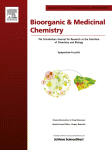
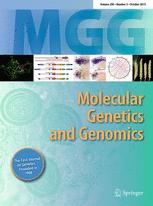 A
A 
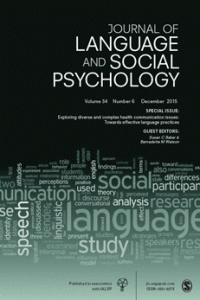
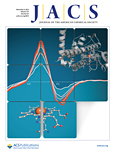 The authors of a paper on a mechanism for potential cancer therapies are retracting it after realizing they published some proprietary findings “without permission and agreement from St. Jude Children’s Research Hospital.”
The authors of a paper on a mechanism for potential cancer therapies are retracting it after realizing they published some proprietary findings “without permission and agreement from St. Jude Children’s Research Hospital.”

